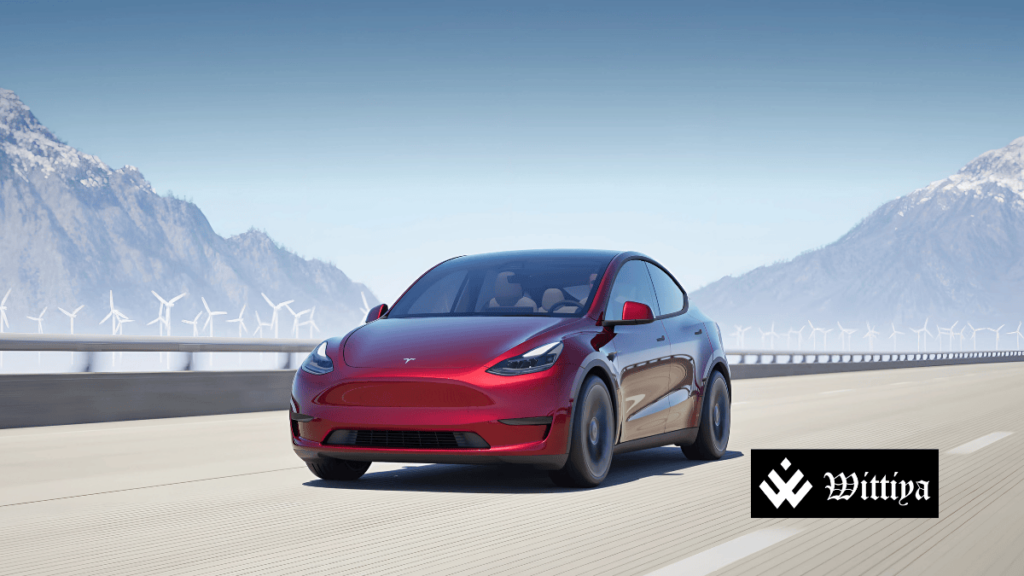India is set to announce a new EV policy aimed at attracting global manufacturers like Tesla by significantly reducing import duties on premium electric vehicles. The policy mandates substantial investments and local production requirements for eligibility.
The Indian government is set to introduce a new electric vehicle (EV) policy designed to incentivize global manufacturers to invest in the country. The policy significantly reduces import duties on premium EVs priced above $35,000, slashing the rate from 110% to 15%. However, manufacturers must comply with strict investment and production conditions to qualify.
The new framework, originally proposed in March 2024, is structured to encourage companies like Tesla to enter the Indian market. To benefit from the reduced import duty, manufacturers must invest a minimum of Rs 4,150 crore in India. However, the investment calculation excludes land acquisition, construction costs, and past expenditures.
Additionally, manufacturers must achieve a turnover of Rs 2,500 crore by the second year, which will progressively increase to Rs 5,000 crore by the fourth year and Rs 7,500 crore by the fifth year. Companies meeting these criteria must apply within 120 days from the official announcement of the policy.
Local Production and Value Addition Requirements
Under the new policy, approved manufacturers will be allowed to import up to 8,000 premium EVs annually at the reduced 15% duty rate. However, they are required to set up local manufacturing facilities within three years. Furthermore, they must achieve a minimum of 25% domestic value addition, which must increase to 50% within five years.
Tesla’s Potential Entry into India
American EV giant Tesla is expected to be one of the first beneficiaries of the policy. The company has recently posted job openings in India, signaling its imminent entry into the market. Tesla CEO Elon Musk and Indian Prime Minister Narendra Modi met at the Blair House in the United States, where discussions reportedly included Tesla’s expansion into India. Reports suggest that Musk requested tariff concessions to facilitate Tesla’s operations in the country.
The new EV policy aligns with India’s broader goal of becoming a global EV manufacturing hub while reducing dependency on imported fossil fuels. As the government implements these reforms, industry stakeholders anticipate increased investment and technological advancements in India’s EV sector.



